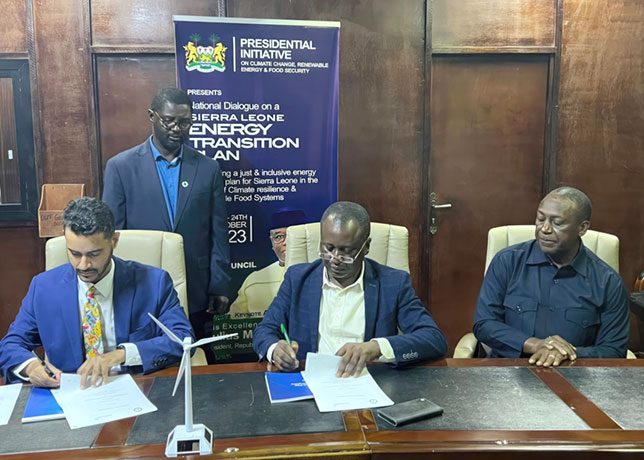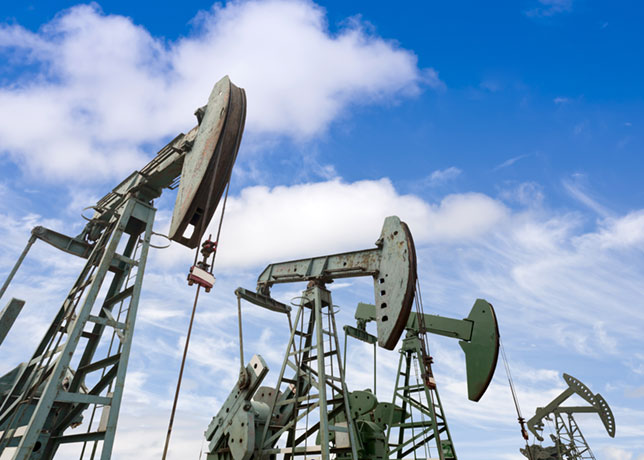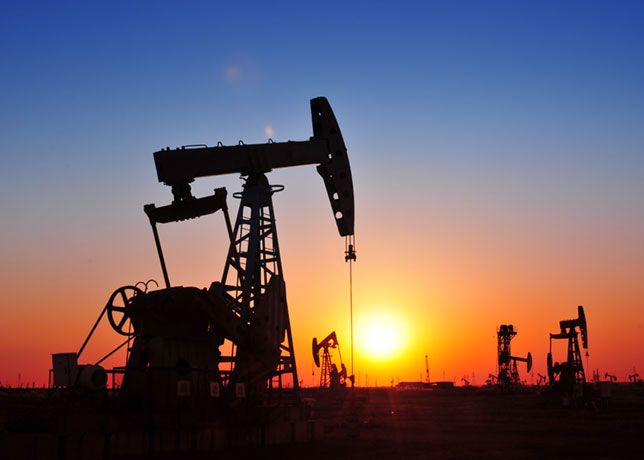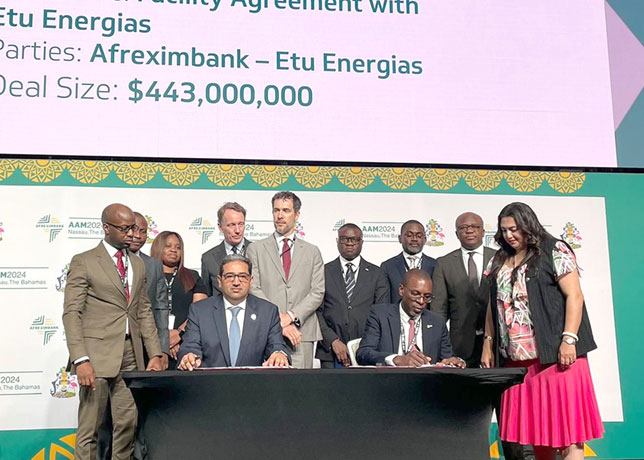
 Africa to spend $70 billion on fossil fuels and power Image by: Qingqing/ iStock
Africa to spend $70 billion on fossil fuels and power Image by: Qingqing/ iStock
Africa's energy expenditure in 2024 will reach $110 billion, according to intergovernmental organisation the International Energy Agency (IEA).
The IEA’s World Energy Investment 2024 report shows that Africa’s fossil fuel supply and power will account for $70 billion of the continent’s energy expenditure.
In its findings, the IEA showed that Africa’s annual energy investments are equivalent to roughly 1.2 per cent of the continent’s GDP and insufficient to achieve 2030 universal access and climate-related goals.
Up to $200 billion in investment will be required per annum through 2030 to satisfy the increasing energy demand driven by population growth.
The report shows that Africa must accelerate investments in grid modernisation and expansion, increase grant funding for vulnerable households and de-risk projects to attract and scale up renewable energy funding.
The report also showed that global investment in upstream oil and gas is set to hit $570 billion this year, representing an increase of 7 per cent compared to 2023.
Around 40 per cent of total upstream investment is expected to be allotted to existing fields while approximately 33 per cent will be invested in frontier fields. The remaining 7 per cent will be invested in unconventional petroleum-bearing formations.
In addition to upstream investment, investment in sustainable energy by oil and gas companies grew to approximately $30 billion in 2023, according to the report.
Hydrogen electrolyzers witnessed the largest growth in low-emission fuel investment, having risen to around $3 billion per year.
Countries like Mauritania and The Gambia are making strides towards securing investment for billion-dollar hydrogen projects while regional counterparts accelerate the development of renewable energy systems.
Exciting projects to watch include the $34 billion green hydrogen project in Mauritania, The Gambia’s green hydrogen strategy and Guinea-Conakry’s deployment of its 300 MW Amaria and 294 MW hydro projects.




















































































